Top 5 Gifts to Give on White Day (And Their Hidden Meanings)


White Day in Japan, observed annually on March 14, is one of the country’s most fascinating cultural traditions because it reflects not just the act of giving gifts but also the delicate language of symbols and unspoken emotions. Unlike Valentine’s Day, which in Japan is largely driven by women gifting chocolates to men—either to express romantic interest, gratitude, or even obligation—White Day shifts the dynamic by allowing men to reciprocate. But this exchange is not as straightforward as it might appear. Each gift, whether it is something as simple as a sweet treat or as elaborate as a piece of jewelry, carries with it an embedded cultural meaning that can either strengthen a bond, redefine a relationship, or, in some cases, gently signal rejection. The subtlety and symbolism make White Day unique, as the gesture becomes more important than the object itself. When choosing a gift, awareness of these meanings is critical, because giving the wrong item could unintentionally send the wrong message. This is why White Day is not only about returning a favor—it’s about communicating with care, thought, and cultural awareness.
1. White Chocolate – The Classic Symbol of Purity and True Affection
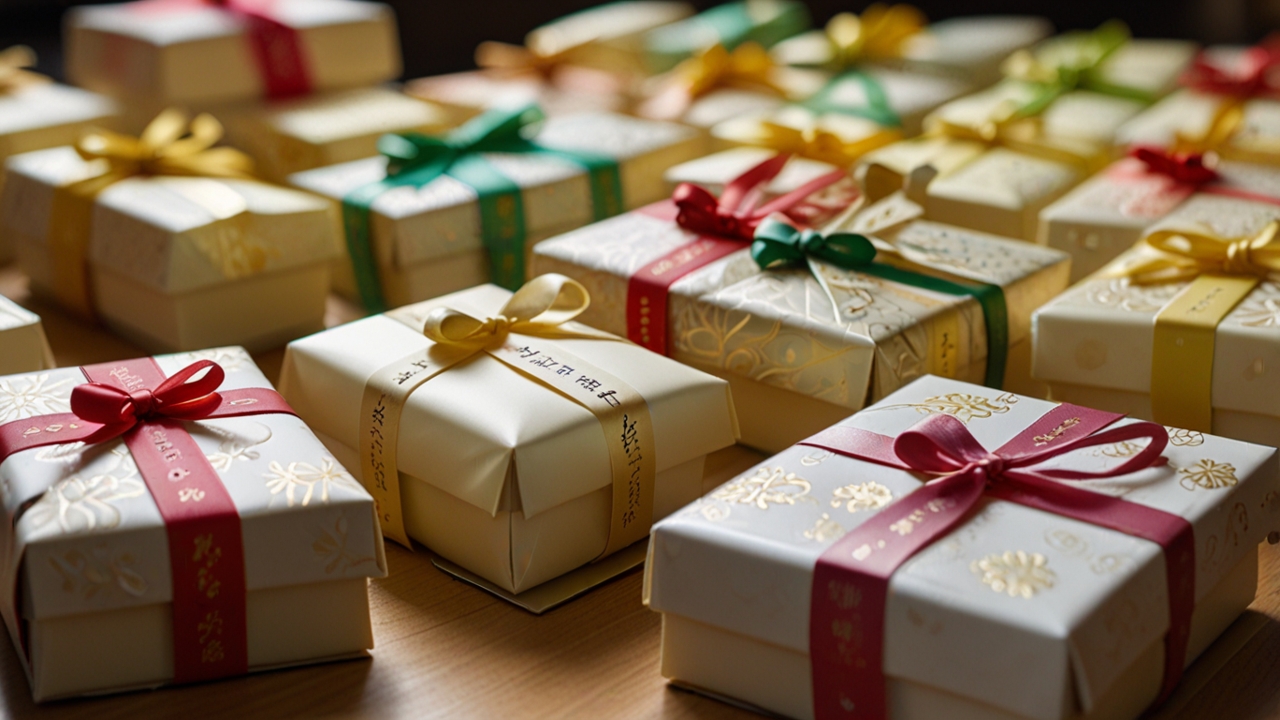
White chocolate remains the quintessential gift of White Day, not simply because it is delicious, but because of the symbolism deeply rooted in its pure, pale color. The whiteness of the chocolate is associated with innocence, sincerity, and clean intentions, making it a powerful gesture when given to someone you genuinely admire or love. Unlike darker varieties of chocolate, which are often associated with indulgence or passion, white chocolate is viewed as soft, gentle, and heartfelt. When a man gives white chocolate to someone on White Day, he is essentially communicating that his feelings are honest and that his affection is not fleeting but built on trust and emotional purity. This is why white chocolate has become the most traditional and safest choice, especially when a man wants to clearly express that his feelings are romantic in nature. Many confectioneries in Japan even release limited-edition White Day chocolates with intricate packaging, ribbons, and designs that elevate the gesture from a simple treat into a meaningful keepsake. The care put into selecting and presenting white chocolate can deepen its message, signaling that the man not only values the tradition but also treasures the recipient enough to honor her with a gift tied to cultural significance.
2. Cookies – A Symbol of Friendship and Platonic Bonds

Cookies are another highly popular choice on White Day, but the hidden meaning behind them shifts the conversation entirely. While they are sweet and thoughtful, cookies do not carry the weight of romantic attachment. In fact, in Japanese cultural symbolism, gifting cookies often suggests friendship, camaraderie, or polite appreciation rather than love. This makes cookies the go-to choice in situations where a man wishes to acknowledge someone kindly without creating confusion or false expectations. For example, coworkers, classmates, or acquaintances who received chocolates on Valentine’s Day often receive cookies in return, as they allow the giver to show gratitude while maintaining clear boundaries. However, cookies can still be elevated in presentation—gourmet cookie assortments from famous patisseries, beautifully boxed and ribboned, show a higher level of care and respect without crossing into romantic territory. For some, this makes cookies the perfect diplomatic choice, balancing kindness with clarity. Still, it is important to understand that for a woman expecting a romantic response, receiving cookies may be disappointing, as it might subtly communicate that her gesture on Valentine’s Day was appreciated but not reciprocated in a romantic sense. This duality makes cookies both safe and complicated, depending on the nature of the relationship and the expectations surrounding it.
3. Marshmallows – A Gift With a Cold Hidden Message
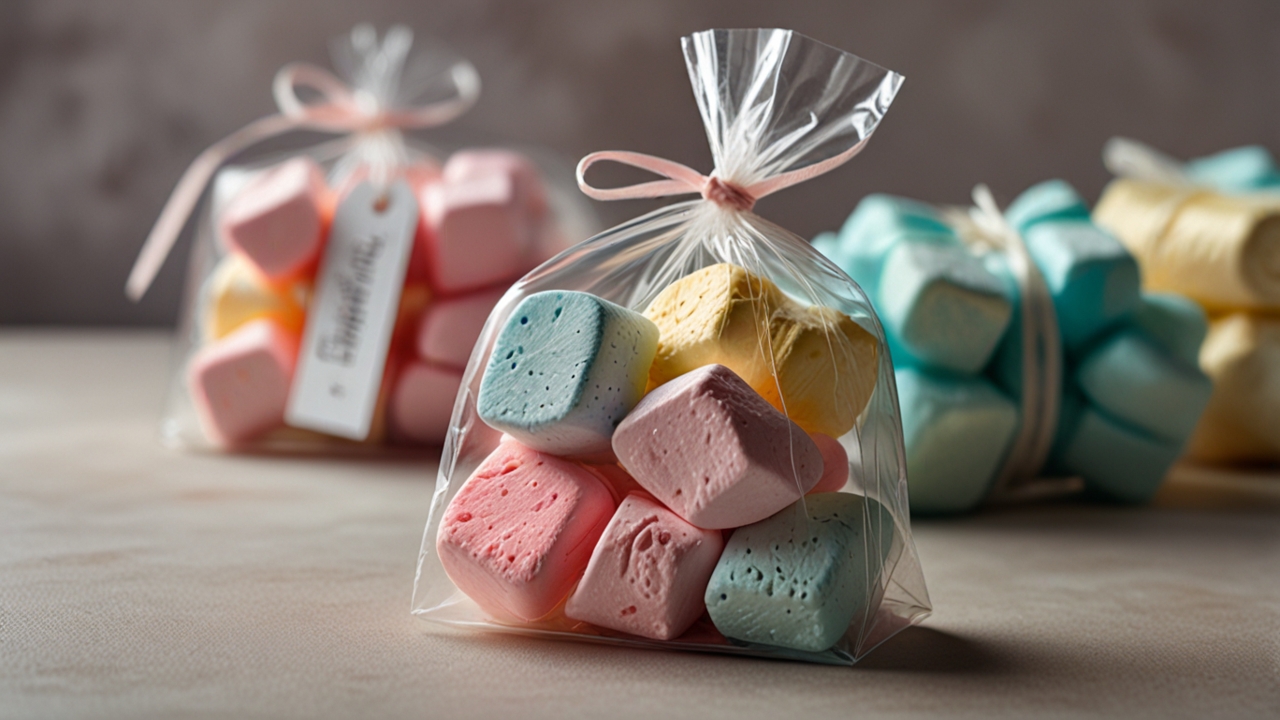
Although marshmallows may look like lighthearted treats wrapped in pastel packaging, their symbolic meaning on White Day is surprisingly harsh. In Japan, marshmallows are considered a way of politely declining affection. The symbolism comes from the fact that marshmallows dissolve quickly when eaten, representing fleeting emotions or a lack of substance in a relationship. Giving marshmallows is essentially a soft rejection—a way to say, “Thank you, but I do not feel the same way.” While the sweetness of the marshmallow cushions the impact, the underlying meaning remains clear, which is why marshmallows are rarely chosen by men who want to express true affection. Instead, they are sometimes used to navigate socially delicate situations where a direct refusal might be too uncomfortable or hurtful. Interestingly, some confectionery brands have attempted to reinterpret this tradition by releasing high-end marshmallow products with fillings, creative flavors, or elegant packaging, hoping to distance the candy from its negative connotation. However, for most people aware of Japanese gifting customs, marshmallows remain a symbol of rejection, and giving them to someone with genuine feelings could cause significant disappointment. For this reason, marshmallows stand out as a uniquely cautionary gift within White Day culture, reminding people that not all sweets carry sweet meanings.
4. Jewelry – A Bold Expression of Love and Commitment
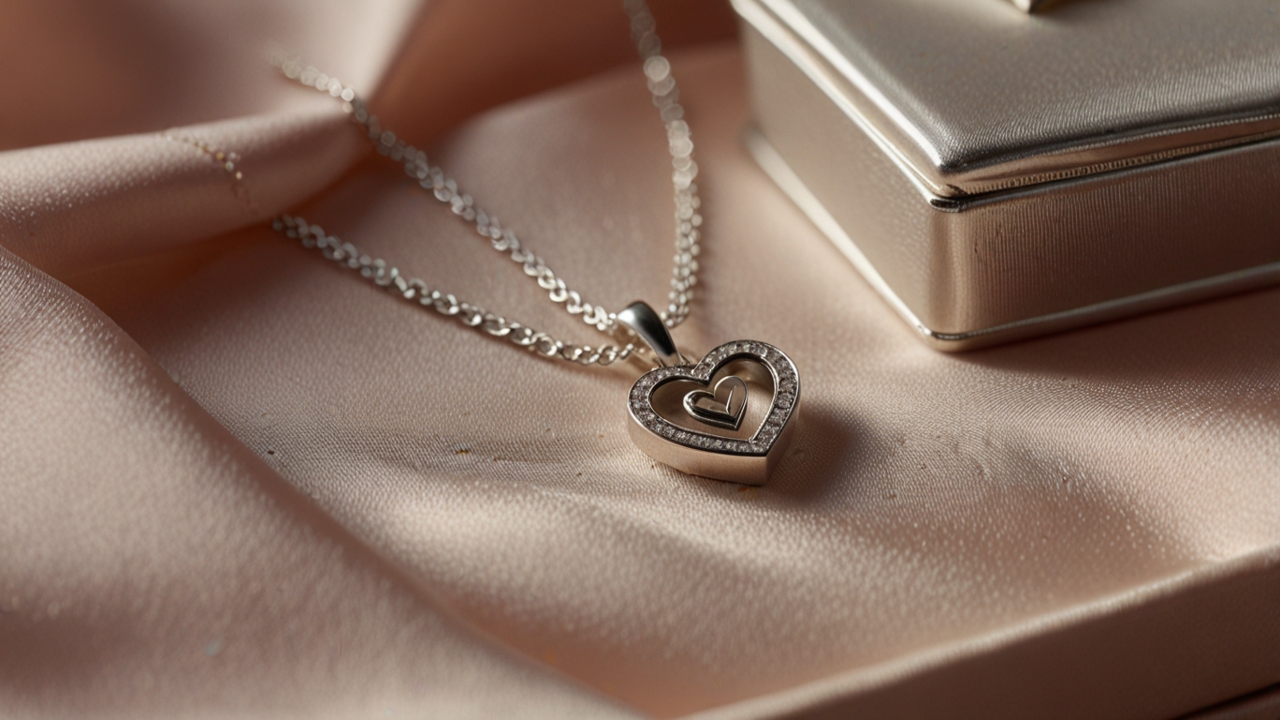
Among all possible White Day gifts, jewelry carries the most weight and symbolism, transforming the act of giving into a declaration of deep affection and long-term intentions. Unlike sweets, which can be consumed and forgotten, jewelry is lasting, tangible, and enduring—making it the perfect representation of love that goes beyond temporary gestures. When a man gives jewelry, whether it be a necklace, bracelet, or ring, he is essentially signaling that his feelings are not only genuine but also serious. This is why jewelry is often reserved for relationships that are already romantic or on the verge of becoming serious. The type of jewelry chosen also influences its meaning: a simple silver necklace may symbolize elegance and thoughtfulness, while a ring could hint at exclusivity and a promise for the future. Because of its cost and permanence, jewelry is seen as a bold, almost daring gesture that transcends polite cultural exchanges. It is a gift that speaks of commitment, admiration, and devotion, leaving no room for ambiguity. In fact, many couples in Japan view jewelry given on White Day as a pivotal moment in their relationship, one that elevates their bond from casual dating to something more profound. This is why jewelry, though not as commonly exchanged as sweets, is considered the most powerful and impactful White Day gift of all.
5. Handkerchiefs – A Surprising Symbol of Farewell
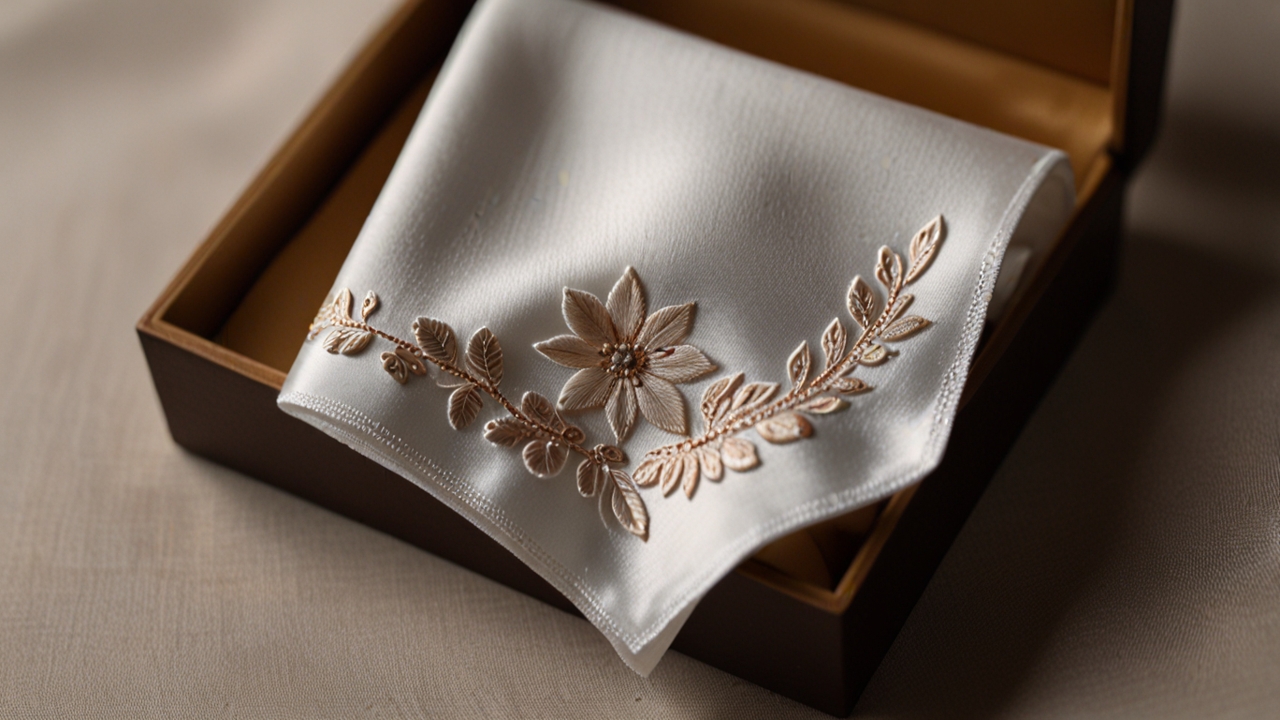
Handkerchiefs may appear to be practical, refined, and thoughtful gifts, but in Japanese culture, their symbolism makes them one of the most misunderstood White Day offerings. Traditionally, handkerchiefs are associated with tears, partings, and farewells because they are objects used in times of sadness. For this reason, giving a handkerchief is often interpreted as signaling the end of a relationship or a desire to create distance. Unlike chocolates or cookies, which convey positive emotions, a handkerchief carries a bittersweet undertone, almost as though the giver is preparing the recipient for goodbye. Because of this, they are rarely chosen in romantic contexts unless the giver is unaware of the cultural nuance. That being said, modern interpretations have somewhat softened this symbolism, particularly when luxury brands release handkerchiefs designed as fashion accessories rather than practical tools. In such cases, a handkerchief can be reimagined as an elegant item, especially if given as part of a larger gift set. However, the traditional association remains strong in the public mind, and most people avoid handkerchiefs altogether to prevent miscommunication. What makes this gift especially striking is how it reminds us that not all beautiful objects carry positive meanings, and in the intricate web of Japanese gift-giving traditions, even something refined can hold an unexpected message of parting.
Final Thoughts: Choosing the Right Gift Matters
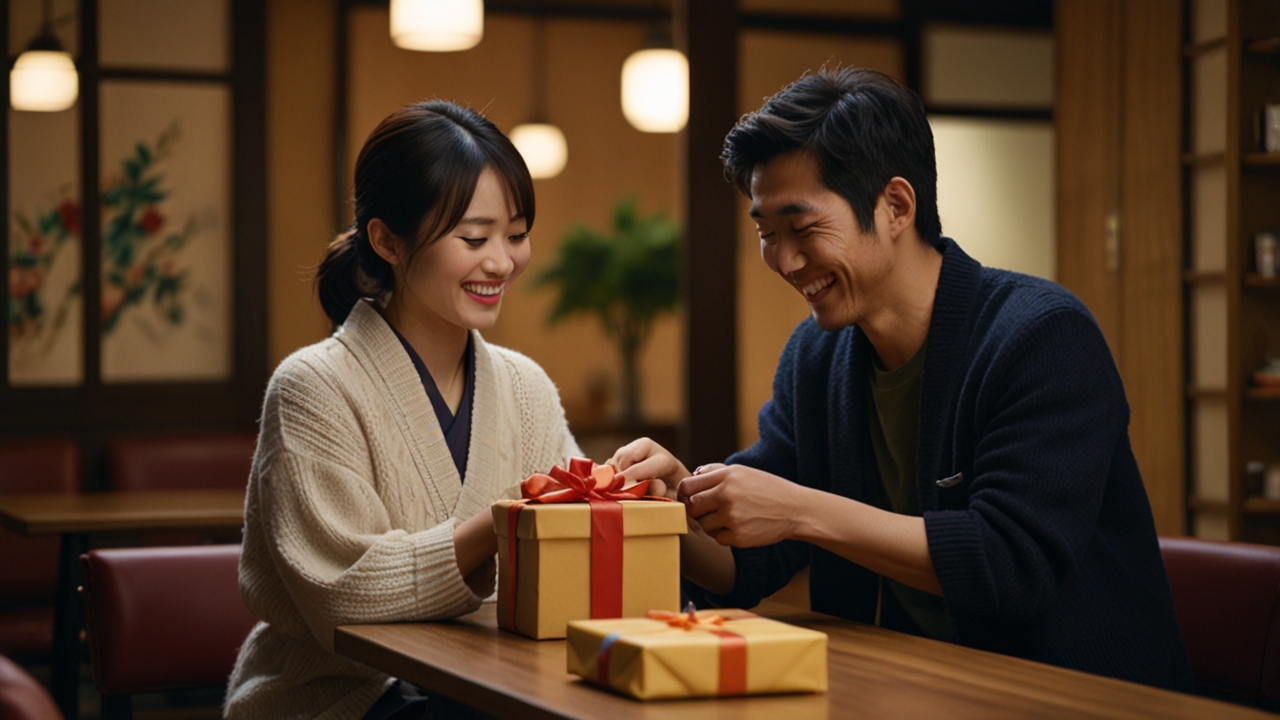
White Day is far more than a simple reciprocation of Valentine’s Day—it is a cultural dialogue expressed through objects that carry nuanced messages. Each gift has its own unspoken language: white chocolate reflects purity and genuine affection; cookies establish platonic appreciation and friendship; marshmallows communicate gentle rejection; jewelry demonstrates love, admiration, and serious commitment; and handkerchiefs carry the heavy symbolism of farewells. What makes White Day fascinating is the way these gifts act as coded expressions, turning what may appear to be a simple exchange into a deeper statement of intent, emotion, and future possibilities. For anyone participating in this tradition, awareness of these meanings is crucial. Choosing the right gift does not just honor the spirit of White Day—it ensures that your gesture aligns perfectly with your feelings, avoids misunderstandings, and strengthens your relationships in ways words alone cannot achieve. Ultimately, the thought behind the gift is what matters most, but in Japanese culture, where symbols are rich and interpretations matter, the object you choose becomes the voice of your emotions.
RELATED POSTS
Valentine’s Day vs. White Day: What’s the Difference?
When people outside Japan think of Valentine’s Day, they often imagine a day dedicated to romantic couples exchanging gifts like flowers, chocolates, or candlelit dinners, but in Japan the holiday has taken on a very different cultural meaning that reflects both...
How Japan Celebrates Love Twice: The Meaning Behind White Day
When it comes to romantic customs, few countries embrace love and affection quite as uniquely as Japan. While Valentine’s Day is widely observed across the globe, often marked by the exchange of chocolates, flowers, and heartfelt notes, Japan sets itself apart by...

